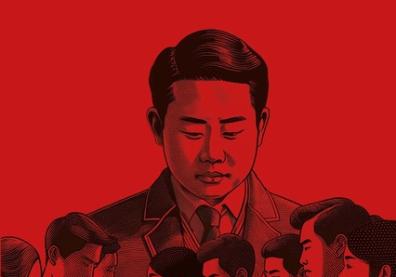Redistributive education policies: a subject of tension between urban middle-class parents and local governments in contemporary China

With:
Manon Laurent (postdoctoral fellow, Collège de France, Chaire de Sociologie du travail créateur, affiliated with CESSMA)
The school map in contemporary China is designed to guarantee equal access to education, but it presents significant challenges. Since the 1986 Compulsory Education Law, the policy of "local schooling" has aimed to ensure that all children can attend a school close to home. This policy is crucial in large cities, where competition for places in quality schools is intense. Families often have to meet strict criteria, which has led to an increase in property prices in areas close to reputable schools, creating inequalities. The pressure to succeed in a competitive education system drives parents to invest heavily in their children's education, including the purchase of expensive "education apartments". The privatization of educational resources has also reinforced inequalities of access. Despite these challenges, the school map and reforms such as the "double reduction" policy symbolize the right to education for all in China. This policy aims to reduce academic pressure and spending on private tutoring, although its effectiveness is debated. Recent reforms seek to improve access to education in rural areas and reduce disparities, but their implementation is often hampered by corruption and nepotism.
Organizers: View e-mail, View e-mail